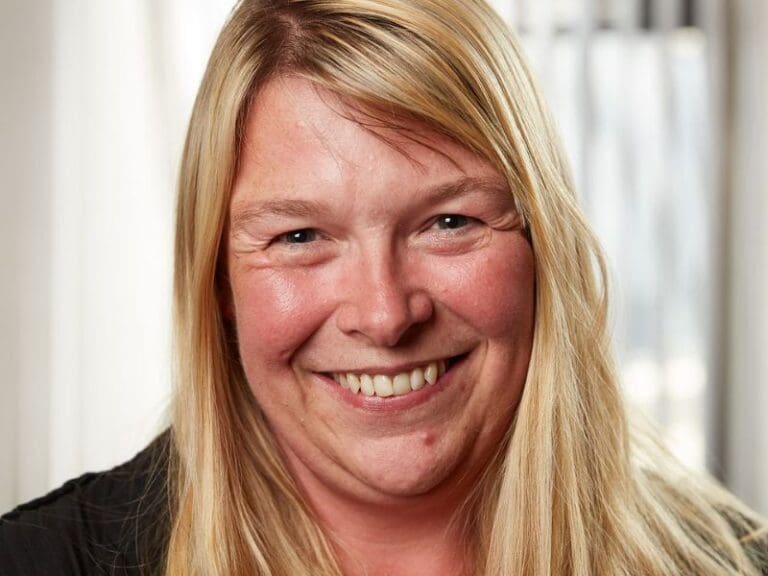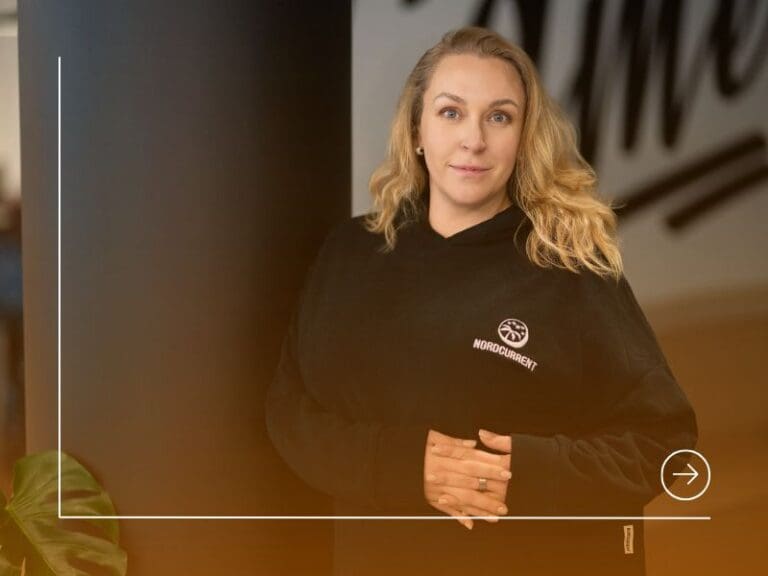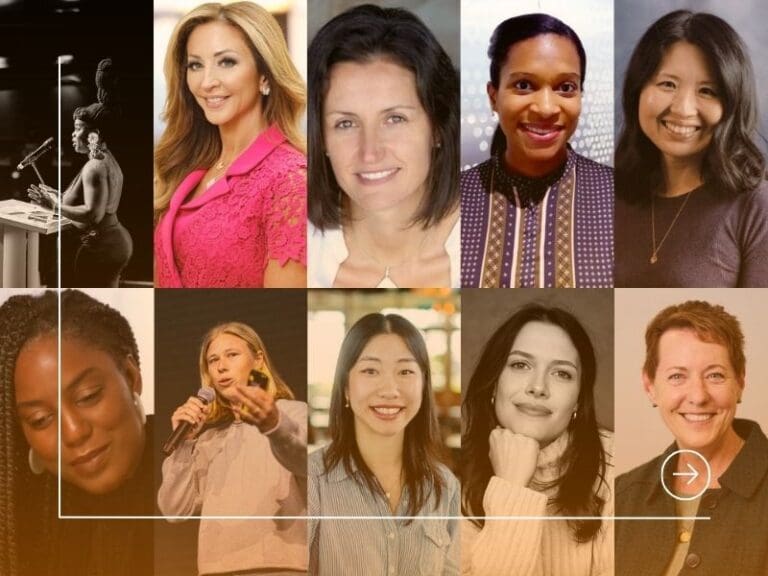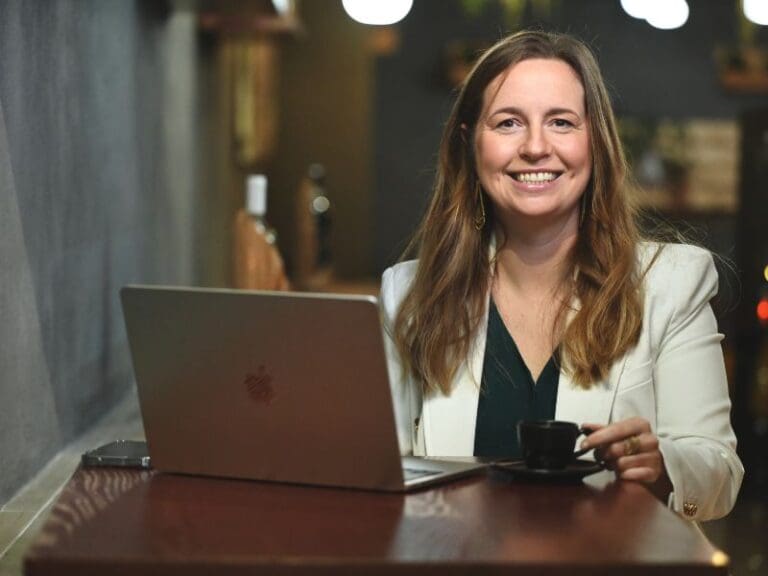With over 27 years of pioneering research, Professor Keeley Crockett is a leading voice in computational intelligence at Manchester Metropolitan University.
Her extensive work spans ethical and responsible AI development, computational intelligence algorithms, and innovative applications like adaptive psychological profiling and dialogue systems. Keeley lives in the Yorkshire Dales National Park with her family and works at Manchester Metropolitan University.
Keeley is a passionate advocate for involving citizens in shaping AI’s future. She’s driven impactful projects such as “Our Place Our Data,” facilitating parliamentary inquiries to empower local communities in data and AI-based recovery. As an EPSRC Public Engagement Champion and PI on “PEAs in Pods,” she’s actively co-producing community-based public engagement for data and AI research and was co-founder of the People Panel for AI.
Her influence extends to national policy, contributing to the UK Government’s AI Playbook and serving on the steering committee for the Inquiry on Skills in the Age of AI. Internationally, Keeley is part of the Agentic AI Safety Experts Focus Group, shaping global guidelines.
Her commitment to responsible AI is further solidified through her roles on UKRI’s AI & Robotics Strategic Advisory Team, the EPSRC SAN on EDI, and her leadership within IEEE, including founding and chairing the Technical Committee SHIELD and the IEEE AI Coalition Responsible AI subcommittee.
How did you land your current role? Was it planned?
If you had asked me back when I was in school whether I’d ever become a university professor, I would have laughed. I was an average student back then, and for my O ’levels (I was the last year to take them) I ended up taking computer science and control technology. This is where I learnt to code (BBC Basic!) and so, learned the basics of electronics.
I went on to do my A-levels and didn’t do well enough to get into top my university choices, so instead went and did a HND in Software Engineering at Manchester Polytechnic for two years. This course was a life changer for me, and I ended up going directly into the second year of a BSc (Hons) degree at University of Manchester.
Towards the end of my BSc I was applying for jobs but after having a call with a professor about doing an industry supported PhD in Fuzzy Systems, I faced a dilemma. Do I take the industry job as a systems analyst in London? Or stay in Manchester and pursue a PhD? Well, you guessed it, I did the PhD!
It wasn’t an easy path, as to support myself I worked as a part-time lecturer and also at a Disney Store. However, after the PhD, I worked in a number of different educational and management roles whilst conducting my research in my own time, then returned to university as a senior lecturer. I then progressed over the years to reader and finally became a full professor in computational intelligence.
What are the key roles in your field of work, and why did you choose your current expertise?
The role of university professors usually falls under three categories: teaching, research and citizenship. My research has always been in computational intelligence (artificial intelligence) and I worked to create Fuzzy Systems using evolutionary algorithms (think Charles Darwin!) for optimisation.
I develop new algorithms and applications to solve different societal and industry problems. Since 2020, I have pivoted into the field of responsible and ethical AI working, in collaboration with a wide range of communities to raise awareness of AI through storytelling, debate and discussion.
We have even co-produced a Citizen’s Charter for AI and a video with community members and researchers through a funded project “PEAS in PODS”. I’m also the co-founder of the Peoples Panel for AI, where we train up citizens to consequence scan the use of AI in products and services in organisations.
I currently teach units in AI Ethics, data management and governance and machine learning. However, in the past I have taught a number of different units in computer science. I also supervise lots of projects with undergraduate, MSc and PhD students. Due to the fast pace of AI, I am also involved in curriculum development working with the industry to ensure our course content remains current. I also am a mentor and line manager for a number of academic colleagues.
Under citizenship, I participate in talks workshops and panels on responsible AI within public sector and private sector organisations. I also have worked with policy connect on two cross-government inquiries – the last one being in June 2025 on Skills in the Age of AI, where I got to speak in the House of Lords.
I’ve also worked with the Government Department for Science, Innovation & Technology as a collaborator on the UK Government AI Playbook. I am a UK STEM ambassador and truly enjoy going to primary schools to run “Hour of Code” sessions.
I have also been an IEEE volunteer for over 27 years. So far, I’ve volunteered in the IEEE computational intelligence society, IEEE women engineering and more recently in the IEEE AI coalition. Volunteering is amazing and you can really learn a lot, so I recommend it.
Did you (or do you) have a role model in tech or business in general?
My role model was a person called Professor Bernadette Bouchon-Meunier from France. I was attending one of my first conferences around 25 years ago, feeling lost and she came and talked to me.
She was the one that introduced me to the IEEE for the first time and so I joined both ‘Women in Computational Intelligence’ and ‘IEEE Women in Engineering’. She has been an amazing support over the years and is a very inspirational woman.
What does an average workday look like for you?
Typically, I start work around 7.30am, check emails, do some research and work on writing academic papers and grants. Sometimes I may have to review a paper that has been submitted to a conference or a journal. Typically, I finish at 6pm.
During term-time, I might give a lecture and a lab session or have one-on-one project meetings with students. I also work on my projects that I have running. At present, this is our ‘EPSRC PEAS in PODs’ project, which might involve working in communities, or working with businesses or public sector organisations on knowledge transfer projects. On a daily basis, I usually have university meetings too.
I also attend conferences around the world quite regularly to give a talk, be on a panel discussion, or run an AI Ethics workshop.
Has anyone ever tried to stop you from learning and developing in your professional life, or have you found the tech sector supportive?
I fully believe in lifelong learning, and I always believe in opportunities that present themselves. I believe we have a responsibility to ourselves to be curious and ask questions. It is fine to not know the answer and to see help, support or training. This is more important than ever in the age of AI.
Have you ever faced insecurities and anxieties during your career, and how did you overcome them?
Everyday! I suffer from imposter syndrome on a regular basis. Some of the common manifestations include attributing success to looks, dismissing praise and comparing myself to other people and often wondering ‘Why are they asking me?’. I am always humbled by the opportunities that I have had to have a voice in raising AI awareness in traditionally marginalised communities.
To try and overcome it, I talk about it and try to acknowledge it to myself as a feeling rather than a fact. I also speak about it with my mentors who give reassurance. I also continually try and focus on learning and growth and view mistakes as learning opportunities.
Entering the world of work can be daunting. Do you have any words of advice for anyone feeling overwhelmed?
I think it is okay not to know everything. The first few months in a job, especially your very first is just about learning the ropes, the organisation and who’s who. It is likely that you will be assigned a mentor who can help and support you.
It’s important to ask questions and take notes. You will also start to build relationships with different people and discover what their roles and responsibilities are. Don’t be afraid to ask for regular feedback, asking ‘What could I have done differently?’ or ‘How can I improve on this for next time?
It’s also important to let your personality shine through and be yourself!”
What advice would you give other women wanting to reach their career goals in technology?
When at school, I wanted to be an astronaut, and I said I never wanted to teach in a million years. Yet here I am, working in higher education with amazing students who are as passionate about responsible and ethical AI as I am!
Entering the tech world can be overwhelming, and it’s essential to recognise this as a normal feeling. Focus on continuous learning and embracing the fact that you won’t know everything initially. For women specifically aiming for career goals in technology, building a robust technical foundation and committing to lifelong learning are paramount.
Actively seeking out mentors who can offer guidance and support is important and these mentors do not have to be in the same organisation. I have found that external mentors and coaches can bring a totally different perspective and have really helped me formulate an action plan in my career.
Try and network strategically through professional organisations and online platforms. Sometimes this is hard but the more you do it, the easier it gets. Address imposter syndrome head on by challenging negative thoughts and finding your voice in discussions. Be passionate about what you believe in and have some evidence to back up what you want to say.








